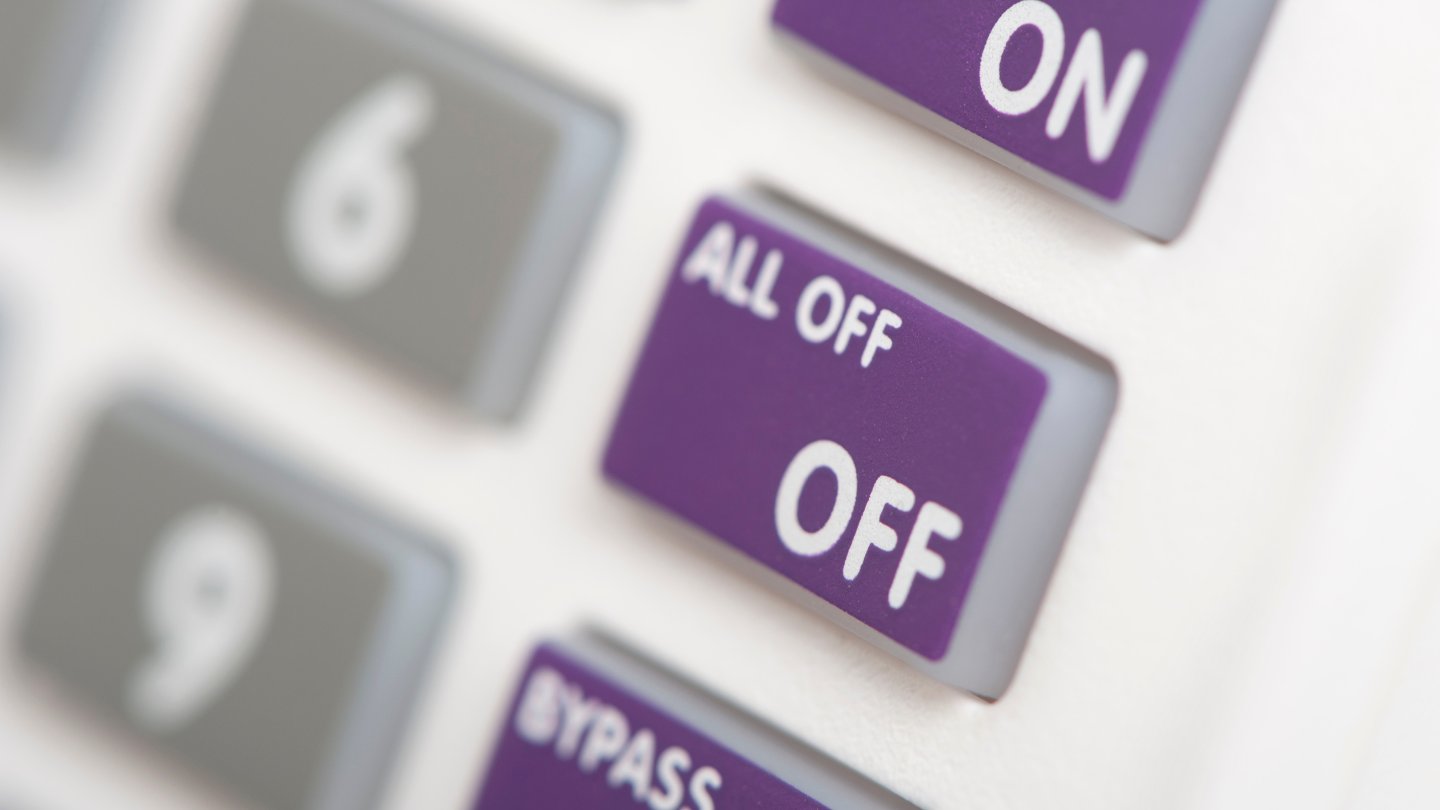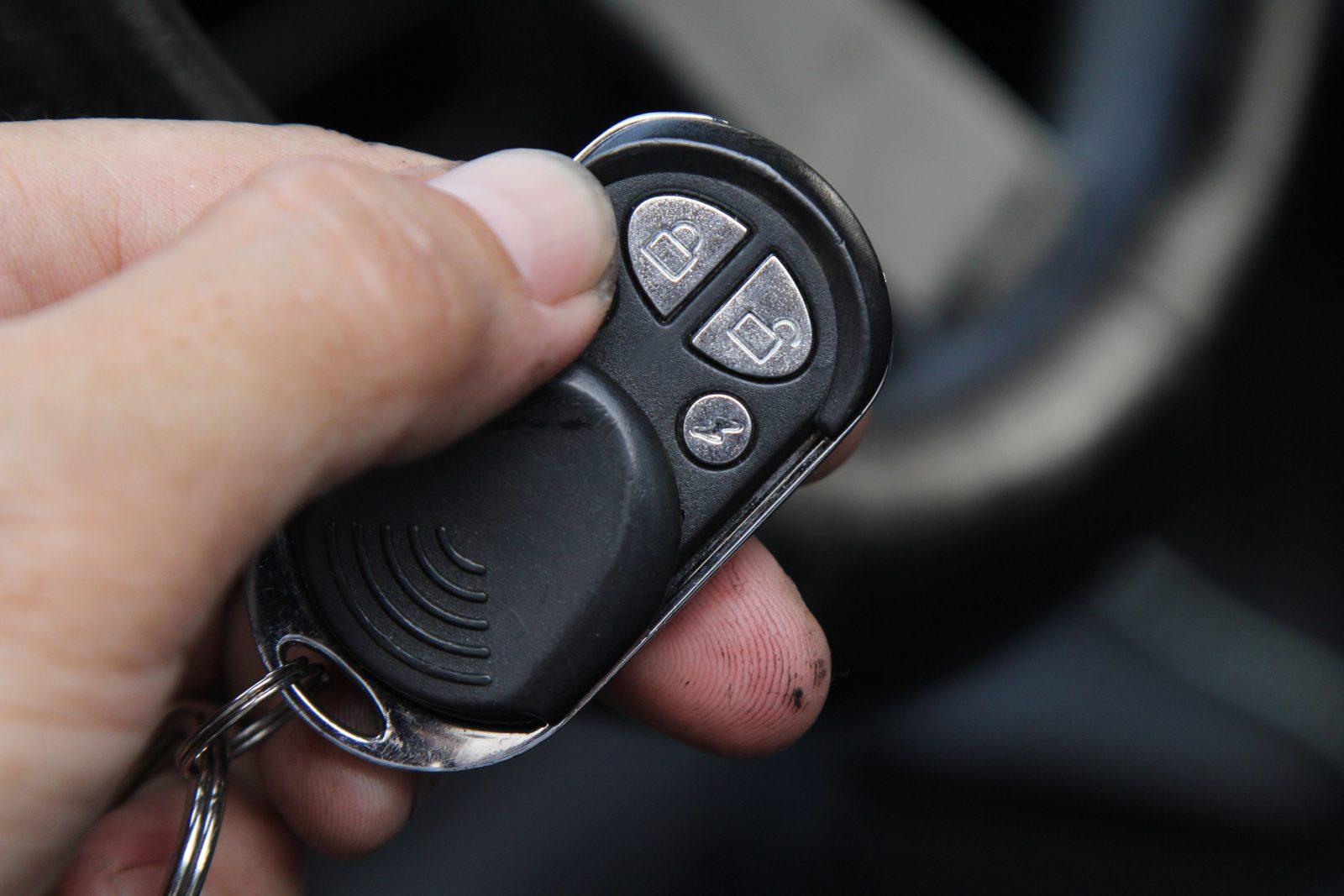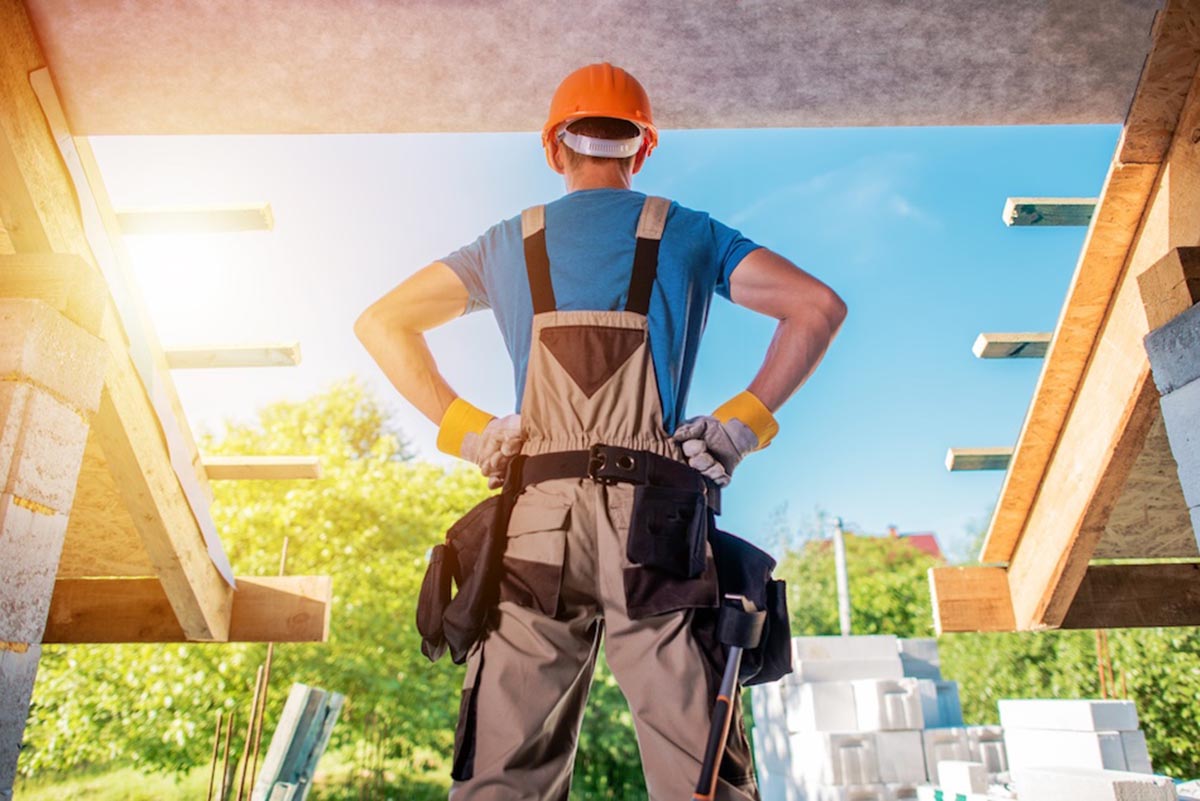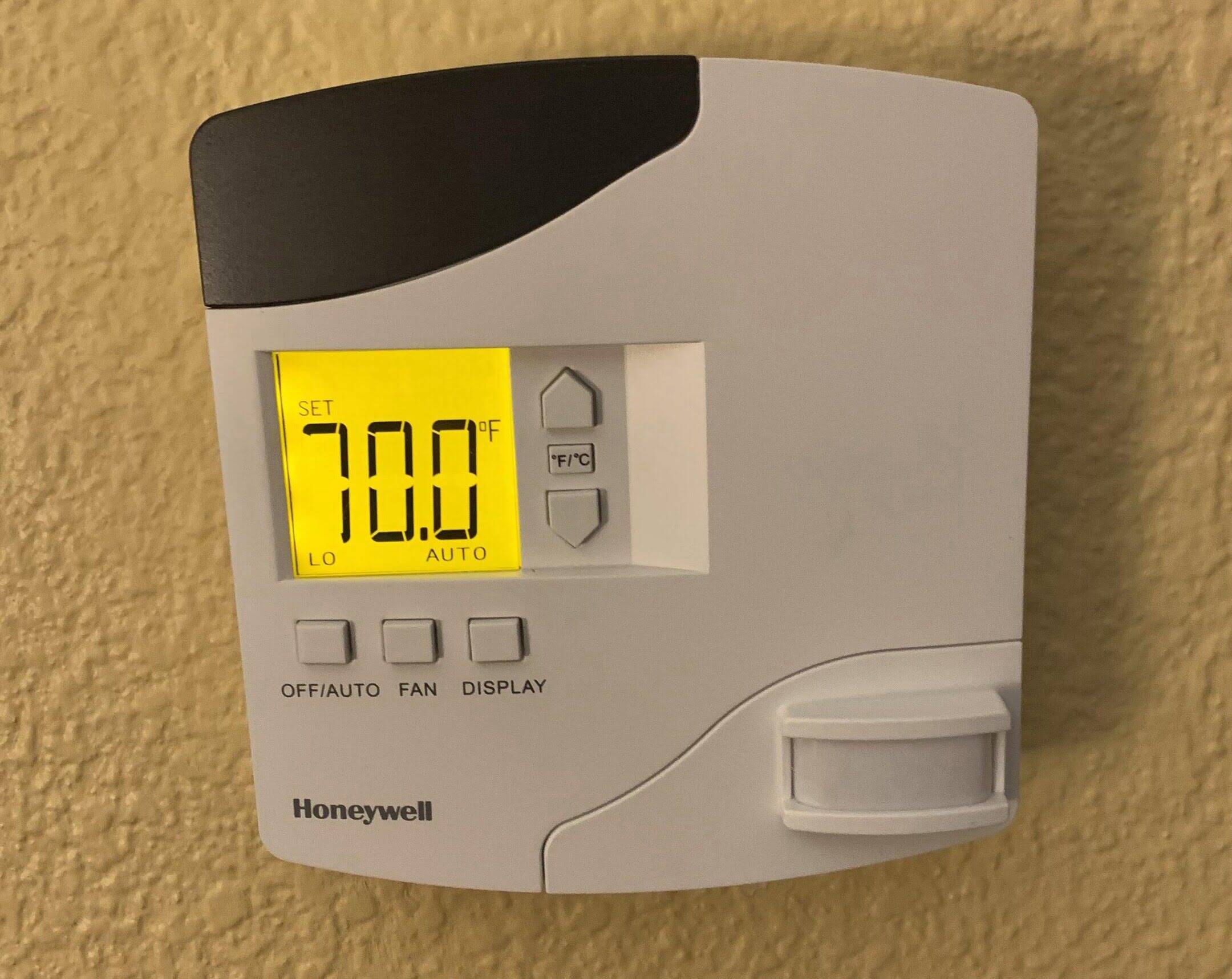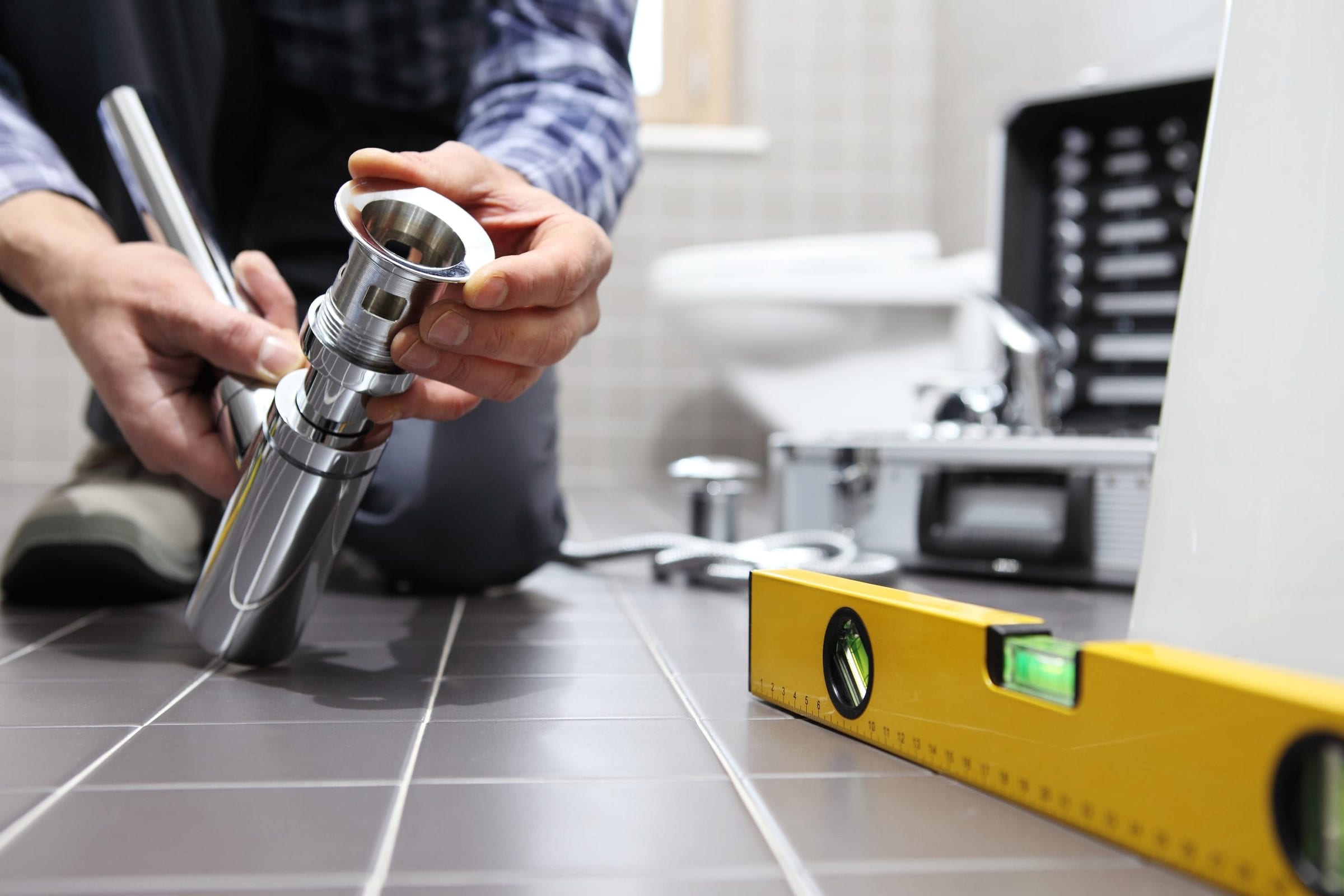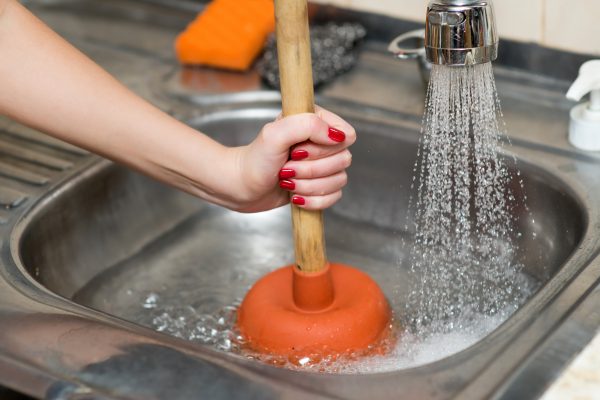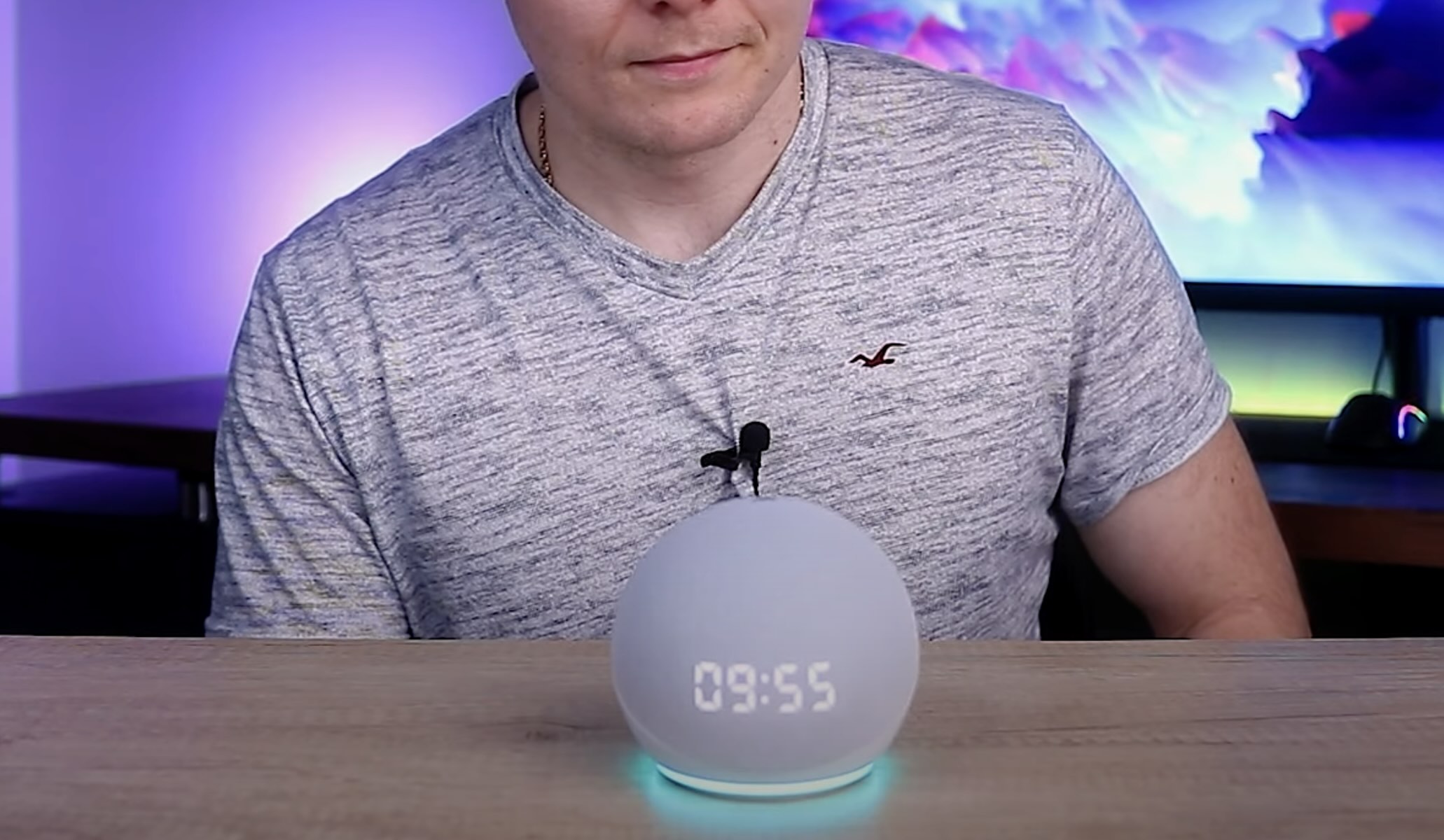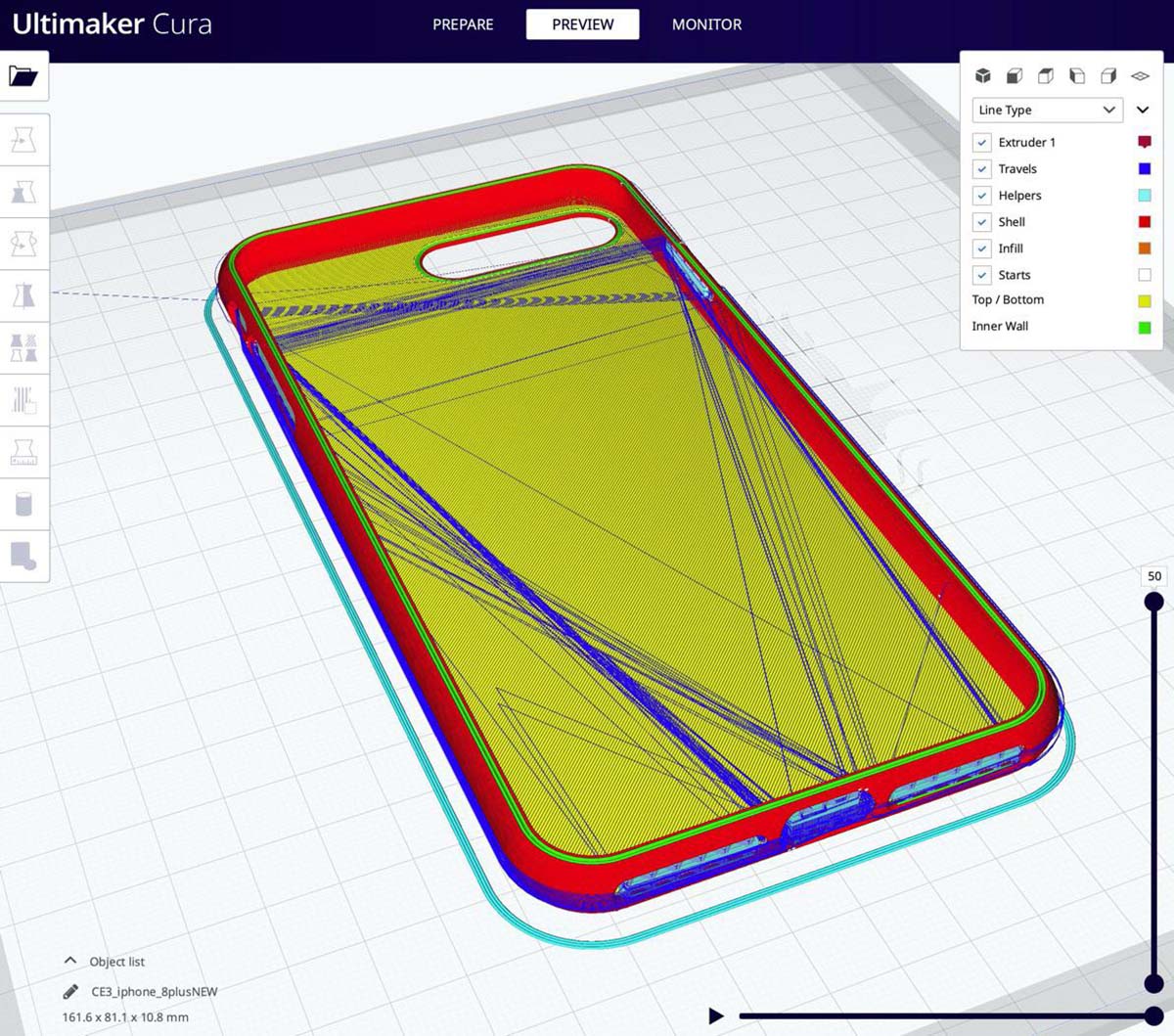Home>Home Maintenance>How To Get Home Repair Help For Disabled Veterans


Home Maintenance
How To Get Home Repair Help For Disabled Veterans
Modified: March 6, 2024
Learn how disabled veterans can receive home repair help with our comprehensive guide. Get tips on accessing resources and finding assistance for home maintenance.
(Many of the links in this article redirect to a specific reviewed product. Your purchase of these products through affiliate links helps to generate commission for Storables.com, at no extra cost. Learn more)
Introduction
Home maintenance is an essential part of keeping your living space safe, comfortable, and functional. However, for disabled veterans, this task can often present a significant challenge. Disabilities acquired during service can make it difficult to perform everyday maintenance tasks, leaving veterans in need of assistance. Fortunately, there are numerous programs and organizations dedicated to providing home repair help for disabled veterans.
In this article, we will explore the various avenues available for disabled veterans to obtain the support they need for home repairs. From government assistance programs to nonprofit organizations and local resources, we will delve into the options available to ensure that disabled veterans can maintain safe and comfortable homes.
By understanding the challenges faced by disabled veterans and the resources available to them, we can empower veterans to access the assistance they deserve. Let’s dive into the details and explore the world of home repair help for disabled veterans.
Key Takeaways:
- Disabled veterans face challenges in maintaining their homes due to physical and mental disabilities. Government programs, nonprofits, and local resources provide valuable assistance for home repairs.
- By researching available programs, gathering required documents, and seeking online resources, disabled veterans can access the support they need to maintain safe and comfortable homes.
Understanding the Challenges Faced by Disabled Veterans
Disabled veterans face unique challenges when it comes to maintaining their homes. The physical and mental disabilities acquired during their service can make it difficult to perform tasks that many people take for granted. Simple activities such as cleaning, repairs, and modifications can become overwhelming and even impossible for disabled veterans.
Physical disabilities, such as loss of limbs or mobility impairments, can make it challenging to perform tasks that require strength, coordination, or balance. Veterans with mental health conditions, such as post-traumatic stress disorder (PTSD) or traumatic brain injuries (TBI), may struggle with concentration, memory, and problem-solving abilities. These challenges can make it difficult to assess and address home maintenance issues, increasing the risk of accidents or further deterioration of the living conditions.
Furthermore, financial constraints often compound the challenges faced by disabled veterans. Many disabled veterans may have limited income due to disability benefits or difficulty finding employment. As a result, they may not have the financial means to hire professionals for home repairs or modifications.
Understanding these challenges is crucial in determining the types of assistance that disabled veterans require for home maintenance. By offering targeted support, we can help them overcome these challenges and ensure that their living environments are safe, functional, and comfortable.
Government Assistance Programs for Home Repair
The government recognizes the unique needs of disabled veterans and provides several assistance programs specifically designed to help them with home repairs. Here are some of the main government assistance programs available:
- VA Specially Adapted Housing (SAH) Grant: This grant program provides financial assistance to disabled veterans for home modifications or the construction of an accessible home. Eligible veterans can receive funds to accommodate their specific disability needs, such as ramps, widened doorways, or roll-in showers.
- VA Home Improvement and Structural Alteration (HISA) Grant: The HISA grant offers financial aid to disabled veterans for necessary home modifications that improve accessibility and safety. This can include the installation of wheelchair ramps, bathroom modifications, or electrical and plumbing updates.
- USDA Rural Repair and Rehabilitation Loans and Grants: Specifically available to veterans living in rural areas, this program provides loans and grants to elderly or disabled homeowners for home repairs, improvements, or modifications. The funds can be used to address health and safety hazards or to make the home more accessible.
- State and Local Government Programs: Various state and local governments offer assistance programs, grants, or low-interest loans to disabled veterans for home repairs. These programs vary by location, so it’s important to research the options available in your area.
These government assistance programs can be a valuable resource for disabled veterans who need financial help to make essential repairs or modifications to their homes. It’s important for veterans to explore these programs and determine their eligibility to access the support they are entitled to.
Nonprofit Organizations Providing Home Repair Help
In addition to government assistance programs, several nonprofit organizations are dedicated to providing home repair help for disabled veterans. These organizations rely on funding and volunteer efforts to offer their services free of charge or at low cost. Here are some notable nonprofit organizations that assist with home repairs:
- Homes For Our Troops: Homes For Our Troops builds specially adapted custom homes for severely injured post-9/11 veterans. Their homes are designed to accommodate the unique needs of disabled veterans, providing them with an accessible and barrier-free living space.
- Rebuilding Together: Rebuilding Together is a national organization that brings together volunteers and communities to assist low-income homeowners, including disabled veterans, with critical home repairs. Their goal is to improve the safety and well-being of homeowners by making necessary repairs or modifications.
- Habitat for Humanity: Habitat for Humanity is renowned for its efforts in providing affordable housing to individuals in need. Some local chapters offer repair programs for veterans, focusing on initiatives such as weatherization, accessibility improvements, and critical repairs.
- Serving Our Troops: Serving Our Troops assists disabled veterans with home repairs through a network of volunteers. They provide free labor and materials for repairs and modifications that enhance accessibility, safety, and comfort.
- Operation Homefront: Operation Homefront offers various programs that provide financial assistance and home repair services to military and veteran families in need. They partner with local volunteers and contractors to address critical home repair needs for disabled veterans.
These nonprofit organizations play a vital role in supporting disabled veterans by offering much-needed home repair assistance. By leveraging their resources and expertise, they make a significant impact in the lives of veterans, enabling them to live in safe, functional, and accessible homes.
Veterans Service Organizations Offering Home Repair Assistance
Veterans service organizations (VSOs) are dedicated to supporting and advocating for veterans. Many of these organizations also provide home repair assistance to disabled veterans. Here are a few notable VSOs that offer such services:
- The American Legion: The American Legion has a Service Officer program that assists disabled veterans in navigating the process of obtaining home repair grants and benefits. They provide guidance, resources, and advocacy to help veterans access the support they need.
- Disabled American Veterans (DAV): DAV operates a nationwide Transportation Network program that provides free transportation to veterans for medical appointments. In some cases, they may also offer home repair assistance through partnerships with local organizations or volunteer efforts.
- Veterans of Foreign Wars (VFW): VFW’s Unmet Needs program offers financial assistance to veterans facing unexpected hardships. While it primarily focuses on emergency assistance, it may be possible to receive limited home repair aid in certain circumstances.
- Wounded Warrior Project (WWP): WWP offers a variety of programs and resources for wounded veterans. Although their primary focus is on physical and mental health support, they may be able to connect veterans with local resources or provide limited assistance for home repairs.
- AMVETS (American Veterans): AMVETS provides a range of services to veterans, including employment assistance, benefits advocacy, and support for transitioning to civilian life. While they may not offer direct home repair assistance, they can provide guidance on accessing relevant resources and programs.
While these VSOs may not offer comprehensive home repair assistance, they can play a valuable role in connecting disabled veterans with a network of resources. They have a deep understanding of the challenges faced by veterans and can provide guidance and support to navigate the available options for home repair assistance.
Many non-profit organizations and government agencies offer home repair assistance for disabled veterans. Contact your local Veterans Affairs office or search online for organizations that provide these services.
Local Resources for Home Repair Aid
Local resources can be an excellent source of home repair aid for disabled veterans. Many communities have organizations, services, or programs dedicated to assisting veterans with their home maintenance needs. Here are some local resources to consider:
- County Veterans Service Offices: County veterans service offices are valuable resources for disabled veterans. They can provide information on local programs, benefits, and services available for home repairs. Contacting your county veterans service office can help you access the assistance you need.
- Community Development Block Grants (CDBG): The U.S. Department of Housing and Urban Development (HUD) allocates funds to communities through CDBG programs. Some of these funds may be designated for housing rehabilitation, making local community development departments a potential resource for home repair help.
- Local Trade Unions and Apprenticeship Programs: Trade unions and apprenticeship programs often have initiatives that provide discounted or pro bono labor for home repairs. Contact your local trade unions or training centers to inquire about potential assistance for disabled veterans.
- Fraternal and Community Organizations: Organizations such as Rotary Clubs, Lions Clubs, or churches may have programs or volunteers who can assist disabled veterans with home repairs. Reach out to these organizations in your community to explore the resources they may offer.
- Community Service Groups: Local service groups, such as youth organizations or scouting groups, often engage in community service projects. Contacting these groups to explain your needs as a disabled veteran may lead to volunteer assistance for home repairs.
- Home Improvement Stores: Some home improvement stores offer assistance programs or partnerships with local organizations to help veterans with home repairs. Inquire at your local stores to see if they have any resources available or can recommend local assistance programs.
These local resources underline the importance of community support in meeting the home repair needs of disabled veterans. By reaching out to these organizations and exploring the resources available in your local area, you can potentially find valuable assistance for your home maintenance needs.
Online Resources for Disabled Veterans Seeking Home Repair Help
In addition to government programs, nonprofit organizations, and local resources, there are several online platforms and resources available to assist disabled veterans in finding home repair help. These online resources can provide information, connect veterans with service providers, and offer support in accessing the assistance they need. Here are some notable online resources for disabled veterans:
- Veterans Affairs (VA) Website: The VA website provides a wealth of information on benefits and services available to veterans, including home repair assistance programs. Veterans can visit the VA website to learn about eligibility requirements, application processes, and available resources.
- Veterans Service Organization Websites: Many veterans service organizations have their own websites that provide information specific to their programs and services. Disabled veterans can visit these websites to explore the assistance options available to them.
- Benefits.gov: Benefits.gov is a comprehensive resource that lists various government assistance programs for veterans. By visiting their website and using their Benefit Finder tool, disabled veterans can discover programs that offer home repair help based on their specific circumstances.
- Veteran Service Locator: The Veteran Service Locator tool on the VA website allows veterans to search for resources and services in their local area. By entering their ZIP code, disabled veterans can find local organizations or agencies that provide home repair assistance.
- Online Support Communities: Online forums, social media groups, and support communities specifically for disabled veterans can be valuable resources for information and advice. These communities often have members who have firsthand experience with accessing home repair assistance and can provide guidance or recommendations.
- Crowdfunding Platforms: Crowdfunding platforms, such as GoFundMe or Kickstarter, can be effective in raising funds for home repairs. Disabled veterans can create campaigns to share their stories and seek financial support from friends, family, and the broader community.
These online resources provide a wealth of information and connections for disabled veterans seeking home repair help. By utilizing these platforms, veterans can access the support they need from the comfort of their own homes and become empowered to improve their living conditions.
Steps to Accessing Home Repair Assistance for Disabled Veterans
Accessing home repair assistance for disabled veterans requires a systematic approach to navigate the various programs and resources available. By following these steps, veterans can increase their chances of obtaining the support they need:
- Research Available Programs: Start by researching the government assistance programs, nonprofit organizations, and local resources that offer home repair aid for disabled veterans. Understand the eligibility criteria and the types of assistance provided by each program.
- Determine Your Eligibility: Review the eligibility requirements of the programs and determine if you meet the necessary criteria. Pay attention to any documentation or evidence needed to support your application.
- Gather Required Documents: Collect all the required documents, such as your military service records, proof of disability, income verification, and any other documentation specific to the programs you are applying for.
- Reach Out to Veterans Service Organizations: Contact veterans service organizations, such as The American Legion or Disabled American Veterans (DAV), and discuss your situation with their service officers. They can provide guidance and assistance in accessing home repair help and help you navigate the process.
- Apply for Government Assistance Programs: Visit the relevant government agency websites or contact their offices to apply for programs such as the VA Specially Adapted Housing (SAH) Grant or the VA Home Improvement and Structural Alteration (HISA) Grant. Follow their application procedures and submit all the required documents.
- Explore Nonprofit Organizations and Local Resources: Research and reach out to nonprofit organizations and local resources in your area that offer home repair aid for veterans. Understand their application processes and gather any necessary documentation they may require.
- Seek Online Resources and Support: Utilize online resources, such as the Veterans Affairs (VA) website, Benefit.gov, and online support communities, to gather information, connect with resources, and seek guidance from fellow veterans who have accessed home repair assistance.
- Follow Up and Stay Persistent: Stay engaged in the process and follow up with the organizations and programs you have applied to. Keep track of your applications, make inquiries if necessary, and stay persistent in your pursuit of home repair assistance.
- Consider Alternative Funding Sources: If you are facing financial constraints, explore alternative funding sources like crowdfunding platforms or community organizations that may be willing to help with fundraising efforts for your home repairs.
Remember, accessing home repair assistance may take time and effort, but with thorough research, preparation, and perseverance, disabled veterans can secure the support they need to maintain safe and comfortable homes.
Conclusion
Home repair can be a daunting challenge for disabled veterans, but there is a wide range of resources and assistance available to help them overcome these obstacles. From government assistance programs to nonprofit organizations, veterans service organizations, local resources, and online platforms, there are numerous avenues for disabled veterans to access the support they need to maintain safe and comfortable homes.
Understanding the challenges faced by disabled veterans and the resources available to them is paramount. Physical and mental disabilities acquired during service can make home maintenance tasks difficult or impossible to perform. Financial constraints and limited income may further hinder their ability to hire professional help. However, with the right knowledge and access to assistance programs, disabled veterans can find the help they require.
Government assistance programs, such as the VA Specially Adapted Housing Grant and the USDA Rural Repair and Rehabilitation Loans and Grants, offer financial aid and specialized support to disabled veterans. Nonprofit organizations like Homes For Our Troops, Rebuilding Together, and Habitat for Humanity provide free or low-cost home repair services specifically tailored to the needs of disabled veterans.
Veterans service organizations, local resources, and online platforms serve as valuable sources of information, guidance, and connections for disabled veterans seeking home repair assistance. These resources can help veterans navigate the application processes, access grants, find volunteers, or connect with local services.
By following the steps outlined in this article – researching available programs, determining eligibility, gathering required documents, and reaching out to organizations – disabled veterans can increase their chances of obtaining the support they need for home repairs. Persistence and utilizing online resources, support communities, and crowdfunding platforms can also aid in securing the necessary funding.
In conclusion, disabled veterans deserve safe and comfortable homes, and there are diverse avenues available to help them access the home repair assistance they need. By taking advantage of the programs, organizations, and resources outlined in this article, disabled veterans can improve their living conditions and enhance their overall quality of life.
Frequently Asked Questions about How To Get Home Repair Help For Disabled Veterans
Was this page helpful?
At Storables.com, we guarantee accurate and reliable information. Our content, validated by Expert Board Contributors, is crafted following stringent Editorial Policies. We're committed to providing you with well-researched, expert-backed insights for all your informational needs.

